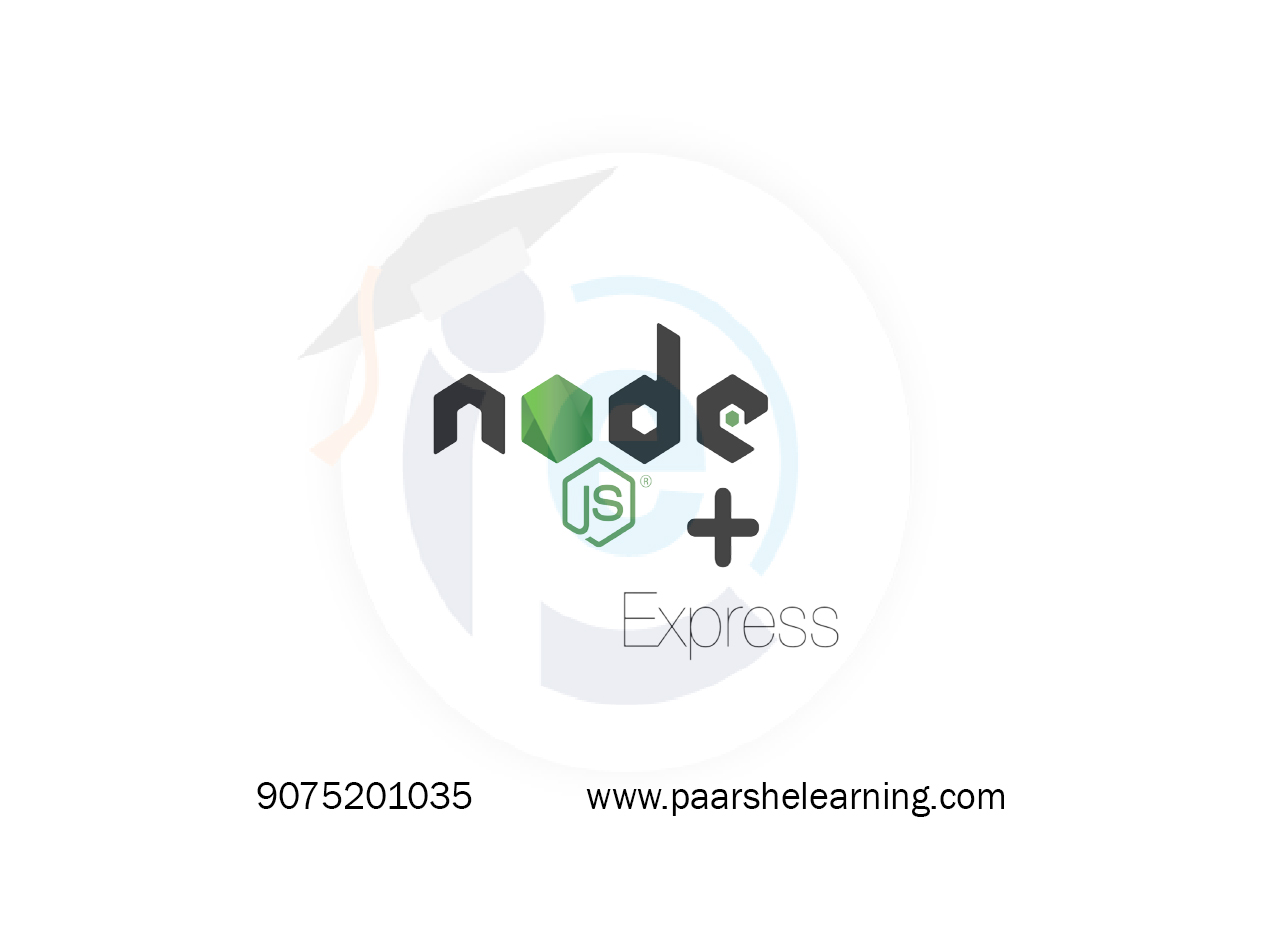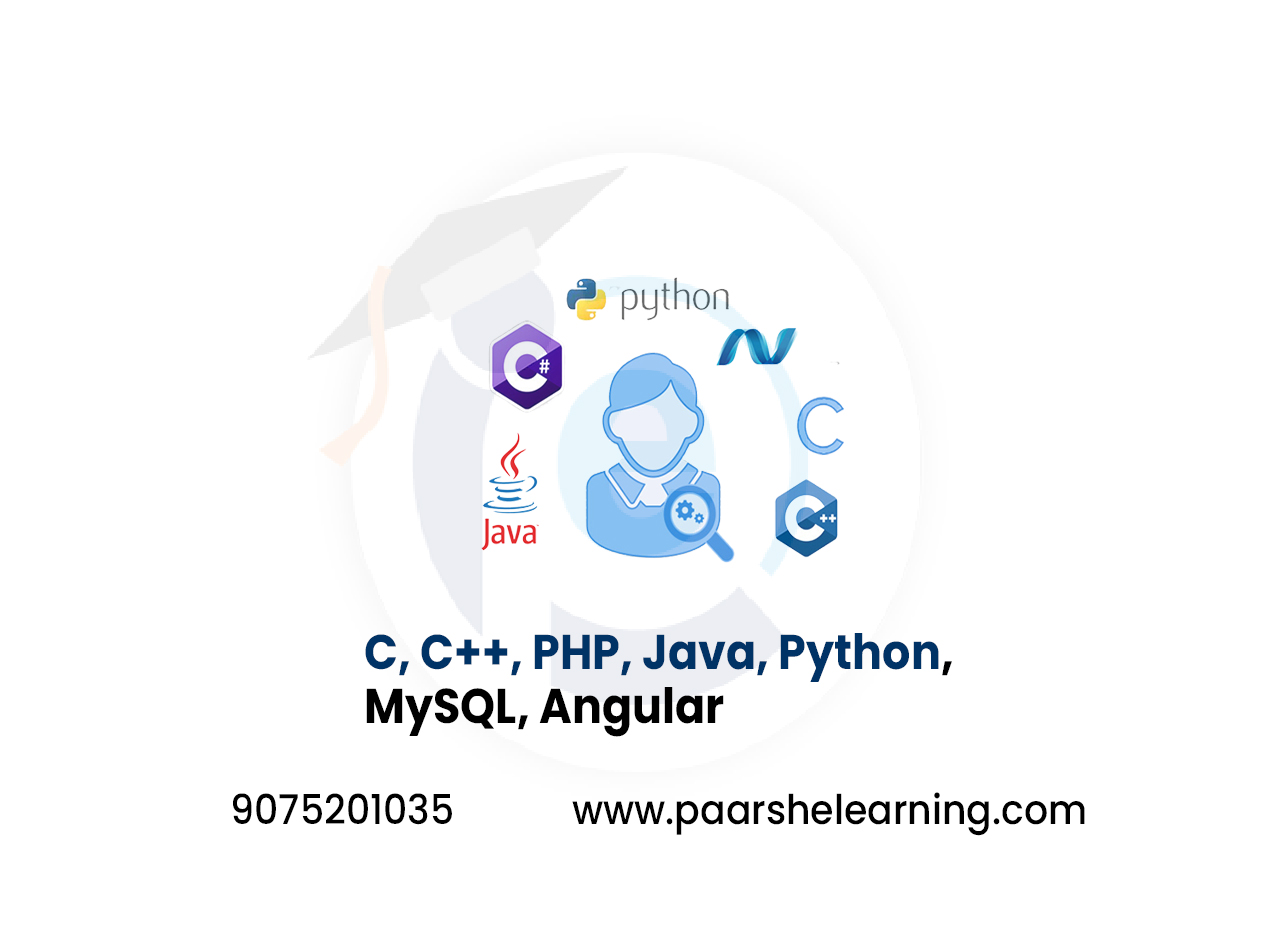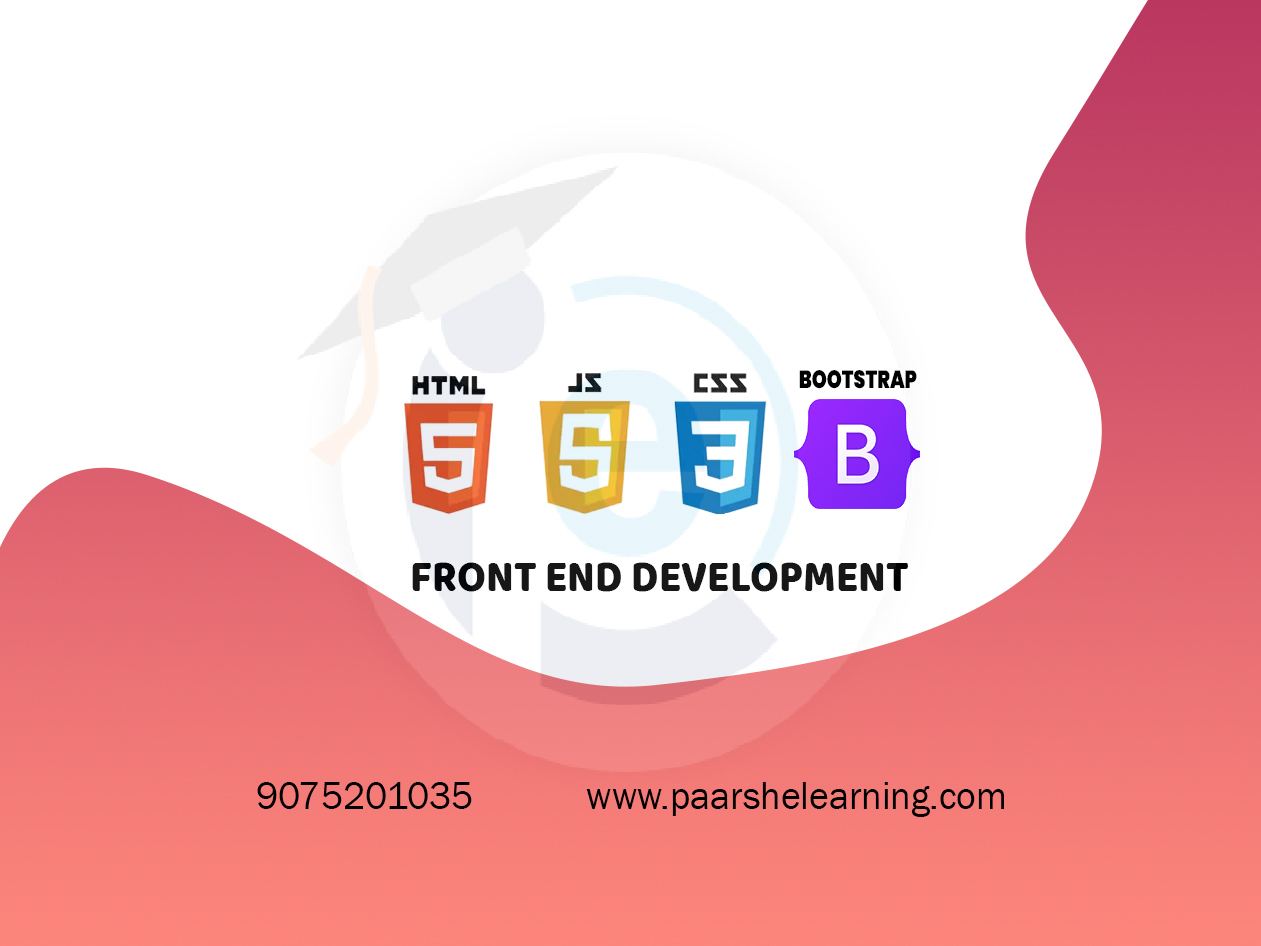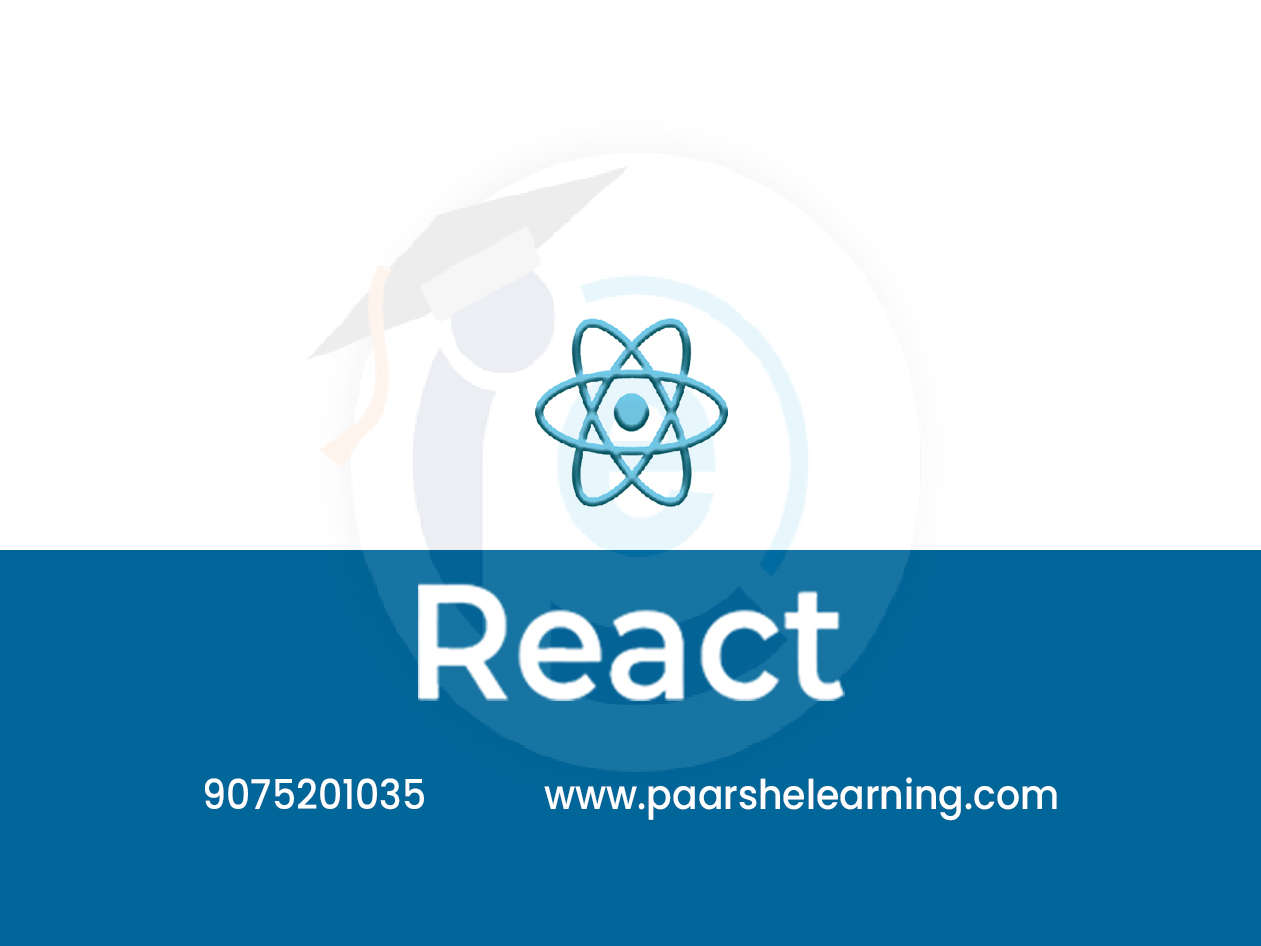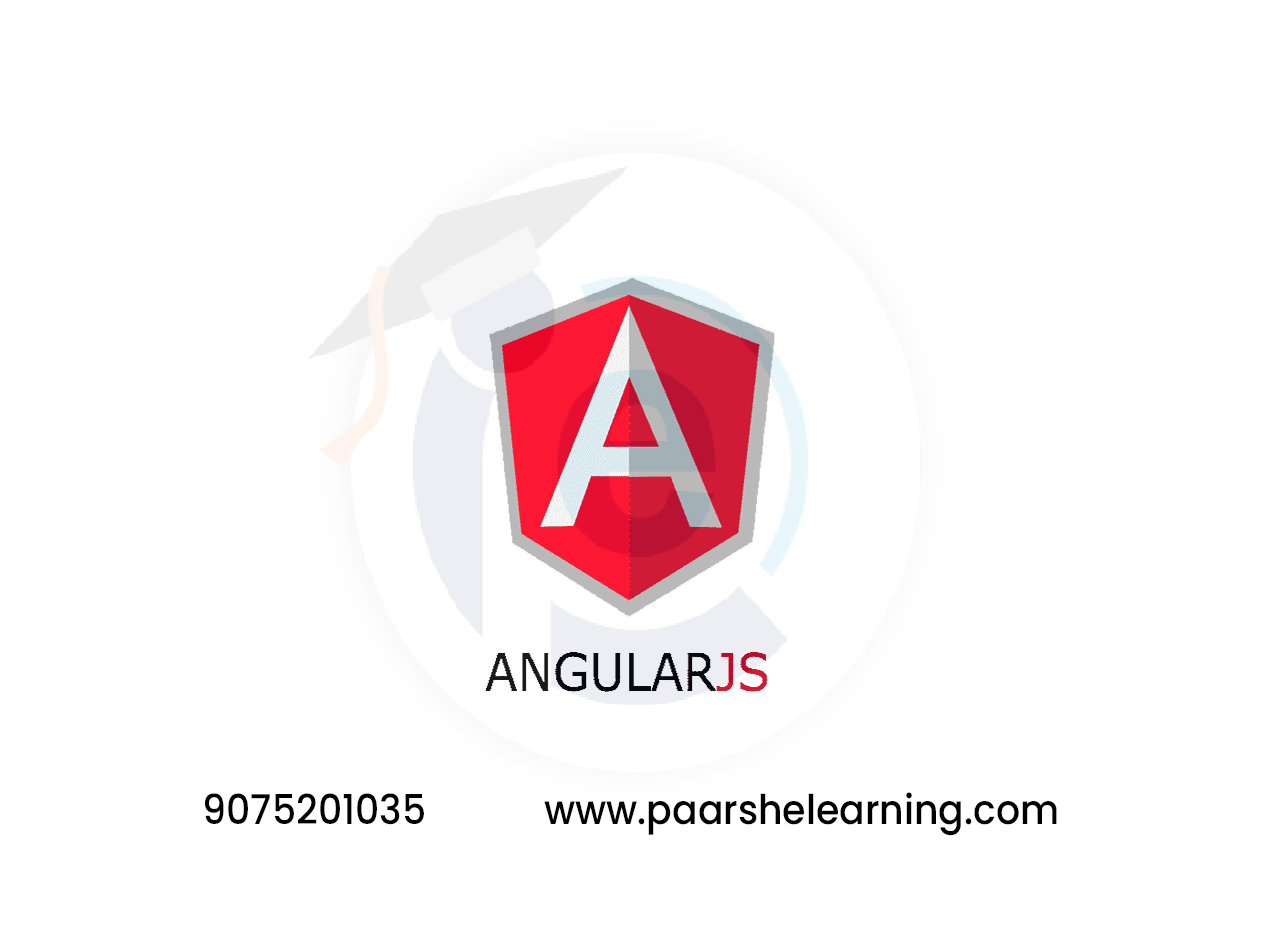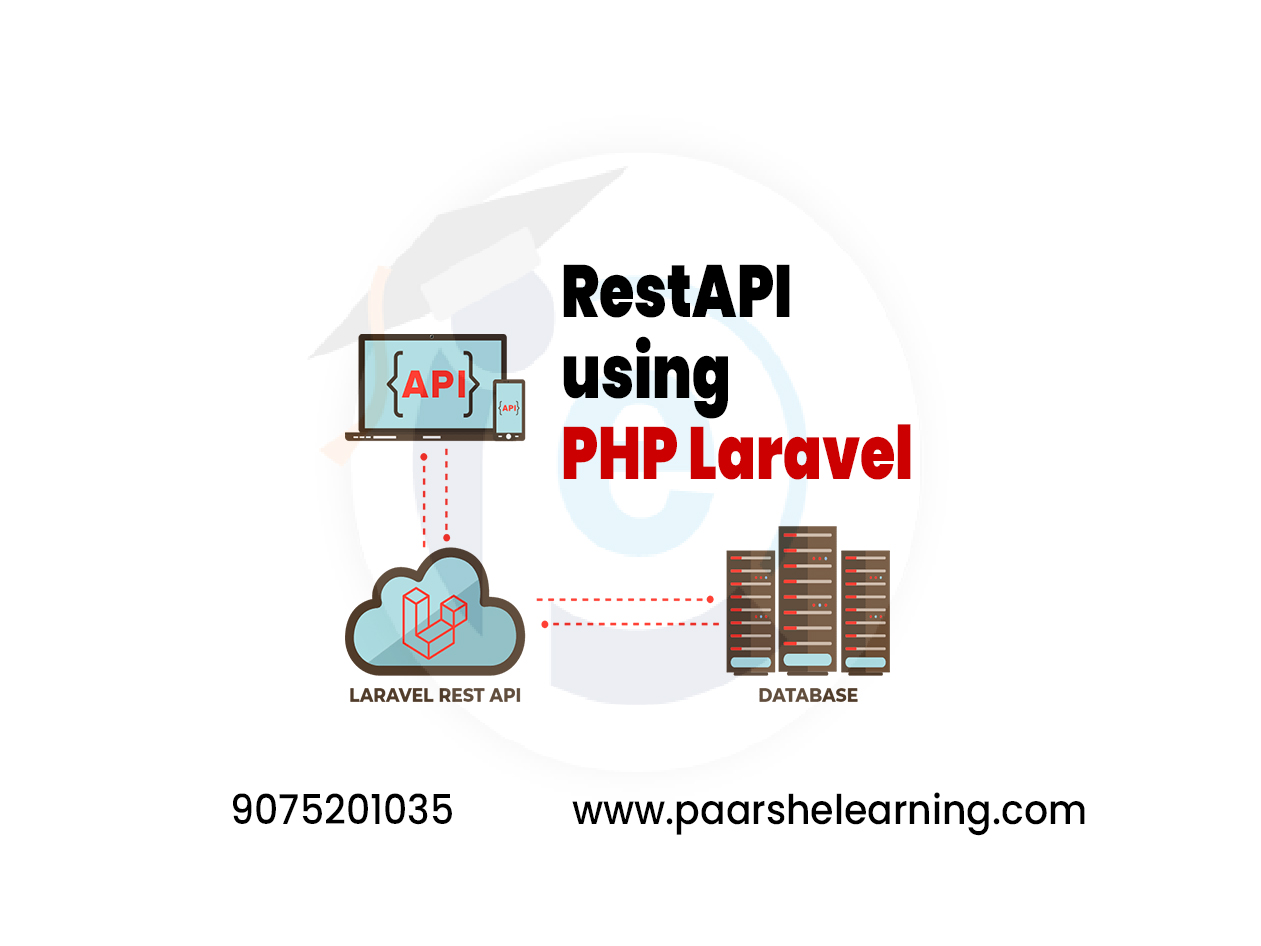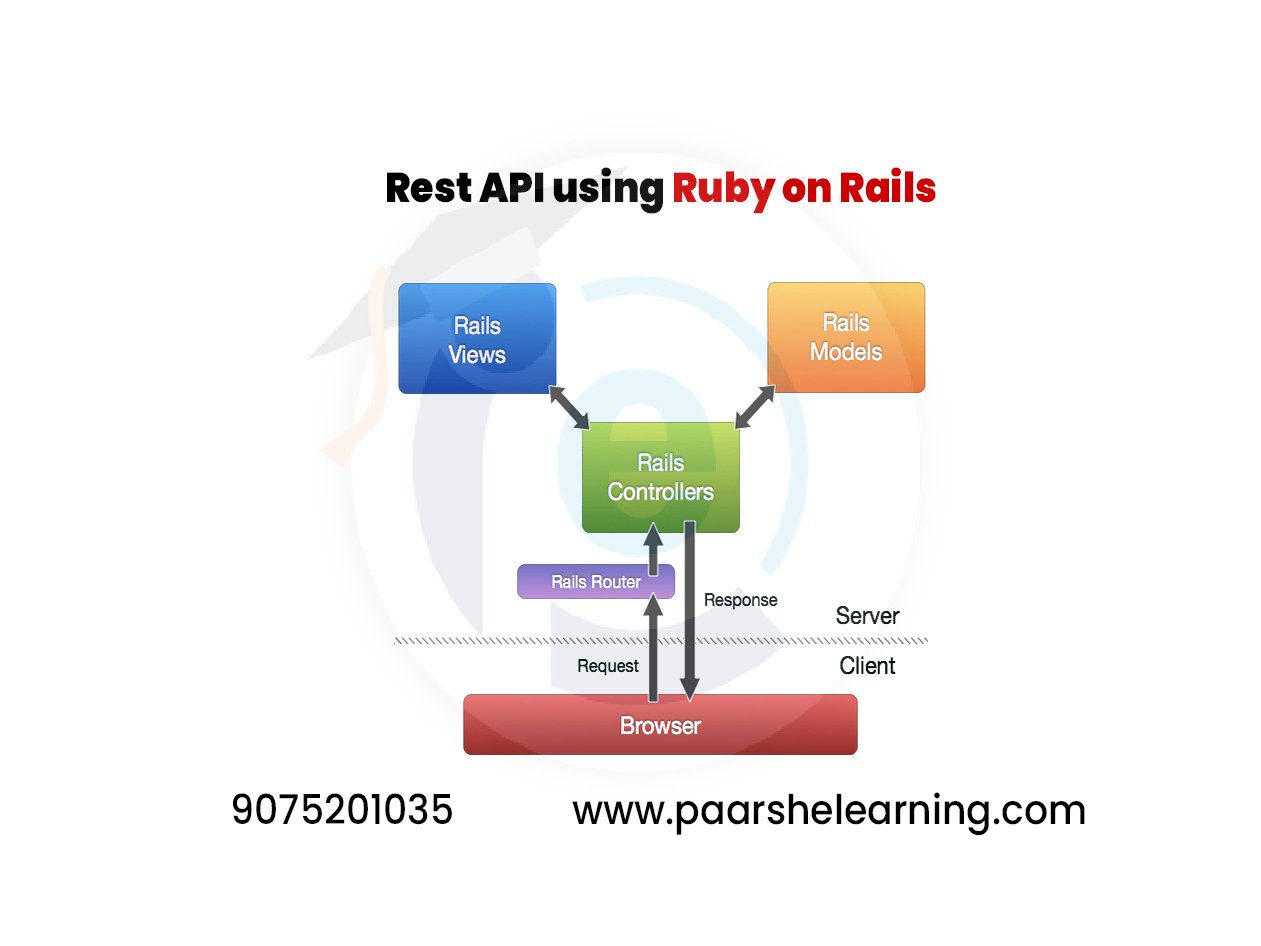- Setting up a Node.js environment: You'll learn how to install and set up Node.js on your computer, as well as how to work with the Node Package Manager (NPM).
- JavaScript basics: You'll learn the fundamentals of the JavaScript programming language, including data types, control structures, functions, and object-oriented programming.
- Asynchronous programming with callbacks and promises: You'll learn how to work with asynchronous programming patterns in Node.js, which is essential for building scalable and responsive web applications.
- Node.js modules: You'll learn how to use built-in and third-party modules in Node.js to add functionality to your applications.
- The Express.js framework: You'll learn how to use the Express.js framework to create server-side web applications, including handling HTTP requests and responses, managing routing, using middleware, and working with templates and views.
- Working with databases: You'll learn how to interact with databases using Node.js and Express.js, including how to connect to databases, run queries, and handle errors.
- Security: You'll learn about common web vulnerabilities and how to protect your Node.js and Express.js applications from attacks.
- Deployment and hosting: You'll learn how to deploy and host Node.js and Express.js applications on popular hosting platforms such as Heroku and AWS.
NodeJS, Express.js
Course description
Node.js and Express.js are both technologies used for building web applications using JavaScript. Here's an overview of what you might learn in a course on Node.js and Express.js:
-
Node.js basics: You will learn the fundamentals of Node.js, including its architecture, event-driven programming model, and how to use the built-in modules to create server-side applications.
-
JavaScript fundamentals: You will learn the fundamentals of JavaScript programming language, including its syntax, data types, control structures, functions, and object-oriented programming.
-
Asynchronous programming: You will learn how to work with asynchronous programming patterns in Node.js, including callbacks, promises, and async/await.
-
Express.js: You will learn how to use the Express.js framework to create web applications in Node.js. You'll learn how to handle HTTP requests and responses, manage routing, use middleware, and work with templates and views.
-
Working with databases: You will learn how to connect to and interact with databases using Node.js and Express.js, including popular databases such as MongoDB and MySQL.
-
Security: You will learn how to secure your web applications, including using encryption, handling authentication and authorization, and protecting against common web vulnerabilities such as cross-site scripting (XSS) and cross-site request forgery (CSRF).
-
Deployment and hosting: You will learn how to deploy and host Node.js and Express.js applications on popular hosting platforms such as Heroku and AWS.
Overall, a course on Node.js and Express.js is designed for web developers who want to build scalable and maintainable web applications using the JavaScript language. It is suitable for both beginner and experienced developers who have a basic understanding of web development concepts such as HTML, CSS, and JavaScript.
What you will learn from this course?
This course includes!
- Daily Live session
- A recorded session with problem-solving material
- Access on Mobile and TV
- Certificate of completion
- Recommendation Letter
- 100% Job Placements
This course is for
- Web developers who want to learn a new technology stack: If you are a web developer who is familiar with other web development technologies such as PHP, Ruby on Rails, or Python, a Node.js and Express.js course can help you learn a new technology stack and expand your skillset.
- Front-end developers who want to learn server-side programming: If you are a front-end developer who is interested in learning server-side programming, a Node.js and Express.js course can help you get started.
- Back-end developers who want to learn new tools and frameworks: If you are a back-end developer who is looking to learn new tools and frameworks, a Node.js and Express.js course can help you expand your knowledge and stay current in the field.
- Anyone looking to build a career as a NodeJS developer
- Anyone interested in Express with Node
- Anyone who wants to expand fullstack development practice with NodeJS
- Anyone who wants to learn the Node JS concepts and applications of this wildly useful JavaScript runtime
Prerequisites for this course
- Ability to install software on your computer
- Desire to learn backend web development with nodejs and express js
- Nothing else! It’s just you, your computer and your ambition to get started today
- Desire to learn nodejs and express js
- Basic HTML knowledge
- Basic understanding of JavaScript
Nodejs, Express.js Syllabus
-
Introduction To Node.js
Overview of Node.js and its features Setting up the Node.js development environment Writing and running your first Node.js program Understanding the event-driven and non-blocking nature of Node.js
-
Core Node.js Concepts
Working with modules and the required function Understanding the global object and global modules Using the Node.js file system module (fs) Introduction to npm (Node Package Manager)
-
Introduction To Express.js
Overview of Express.js framework Setting up a basic Express.js application Creating routes and handling HTTP requests Using middleware for request processing
-
Routing And Controllers With Express.js
Defining and organizing routes in Express.js Creating route handlers and controllers Handling parameters and query strings Implementing RESTful APIs using Express.js
-
Middleware And Request Processing
Using middleware functions for request processing Implementing custom middleware functions Handling request and response objects Error handling and error middleware
-
Templates And Views
Introduction to template engines (e.g., EJS, Pug) Rendering dynamic content in templates Using template layout and partials Implementing view engines in Express.js
-
Data Persistence And Databases
Working with databases in Node.js using libraries like Knex.js Setting up a database connection Writing queries and performing CRUD operations Using asynchronous programming with databases
-
Authentication And Deployment
Implementing user authentication and authorization Using Passport.js for authentication strategies Deploying Node.js and Express.js applications to hosting environments Final project: Developing a complete web application using Node.js and Express.js
-
Paarsh E-Learning encourages hands-on practice, assignments, and projects throughout the course to reinforce students' understanding of Node.js and Express.js concepts. Assign practical exercises that involve building web applications, creating RESTful APIs, and integrating databases. Cover both theoretical concepts and practical applications to provide a well-rounded learning experience.
